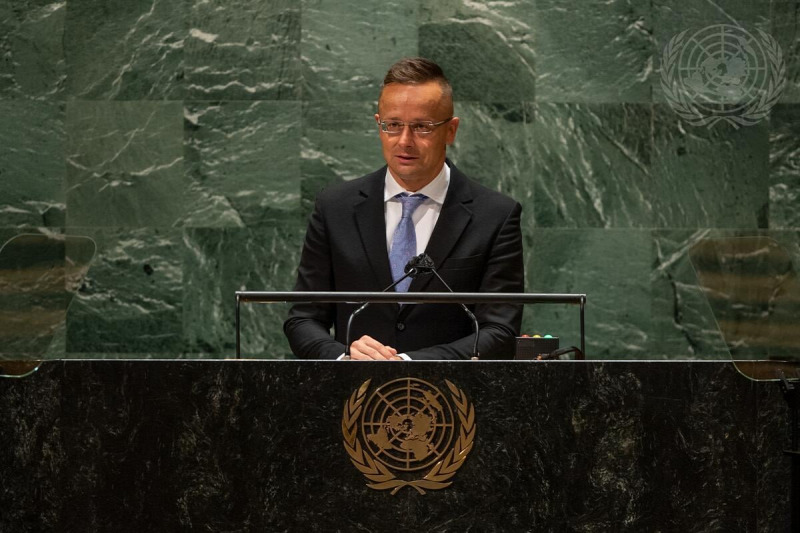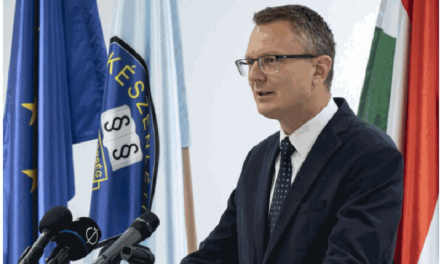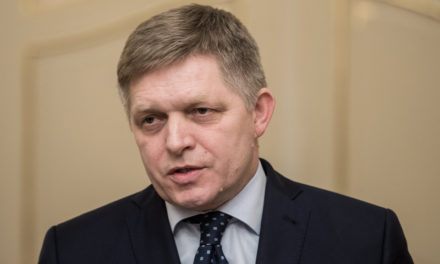Migration and refugee policy must remain strictly within national competence, and the countries of the world must mutually respect different positions on the issue of immigration, stated Minister of Foreign Affairs and Trade Péter Szijjártó at a meeting of the UN High Commissioner for Refugees in Geneva.
"Hungary does not wish to give up any of its national competence with regard to migration and refugee policy, however, it strives for a constructive dialogue with international partners," emphasized the foreign minister, according to the ministry.
According to the statement, he emphasized that following the failure of the international intervention in Afghanistan, preparations must be made for new waves of immigration, and that during the coronavirus epidemic, these represent not only security risks, but also health risks.
As he said, people in Europe well remember the crisis of 2015, when millions arrived on the continent, so about 400,000 people crossed Hungary's borders illegally. He added: "In Western Europe, social integration projects have failed completely, parallel societies have been created in several places."
Péter Szijjártó also reported at the UN meeting that the Hungarian government's position rests on two pillars. On the one hand, on the full respect of international law, and on the other hand, on the principle that help should be taken where it is needed, and trouble should not be brought here.
International law is clear: if someone is forced to flee, they have the right to stay temporarily in the first safe country. However, he does not have the right to choose his destination by crossing peaceful and safe countries, he underlined. We do not grant asylum to anyone who violates our borders from any direction, he added.
According to the minister, instead of encouraging people to leave their homes, they should be encouraged to stay in place, creating suitable conditions there.
In this regard, he pointed out that Hungary has already helped approximately 250,000 Christians from the Middle East and Africa so that they do not have to leave their place of residence. About 70 million dollars were used to rebuild houses, schools, and churches within the framework of the Hungary Helps program.
Finally, he stated that Hungary respects the fact that certain states support immigration and are willing to accept more migrants, but in return expects that they do not want to impose their position on others.
Source: MH/MTI












